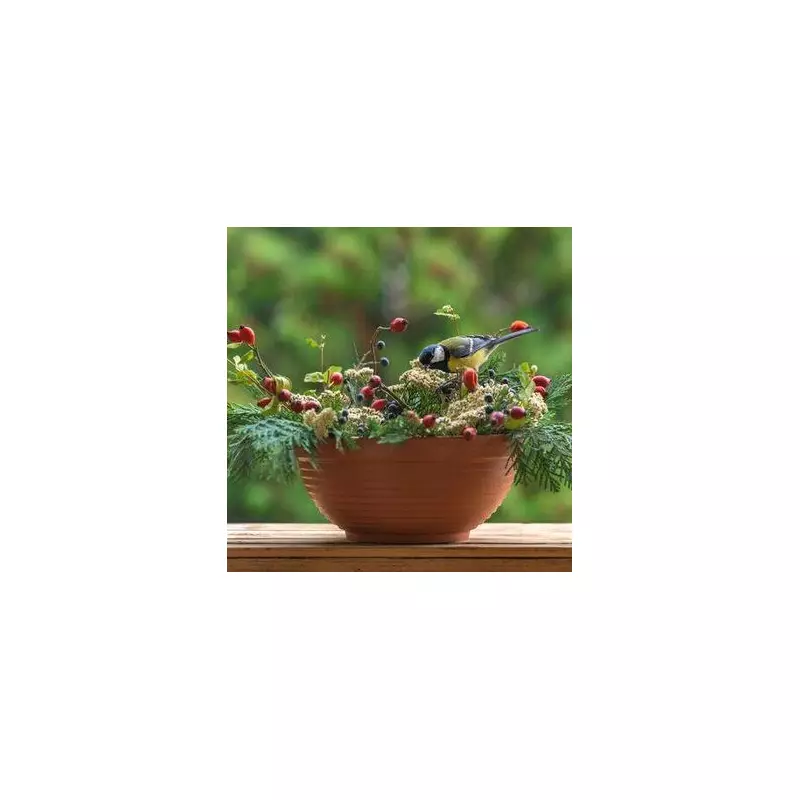
Every year, millions of Britain's beloved garden birds fall prey to predators and harsh conditions, but a few simple changes can turn your outdoor space into a vital safe haven. As the RSPB emphasizes, providing food, water, and shelter is just the start; true protection requires a strategic approach.
The Hidden Dangers in Your Garden
While we welcome birds with feeders and baths, common garden features can become death traps. The key is not just to attract wildlife, but to actively protect it from the threats that lurk just beyond the window.
Five Expert-Approved Strategies for a Bird-Safe Garden
1. Strategic Feeder Placement
Position bird feeders in open spaces, at least two metres away from dense shrubs or fences where cats can hide and ambush. This gives birds a clear line of sight to spot danger while they feed.
2. Create a Predator-Proof Sanctuary
Invest in a dedicated feeding station with a built-in guard or a tall, smooth pole that cats cannot climb. Placing a spiky mat or prickly branches around the base will further deter feline hunters.
3. Provide Immediate Escape Routes
Birds need quick getaways. Plant dense, thorny bushes like pyracantha or holly nearby. These provide perfect cover for birds to flee into, offering protection that flimsy plants cannot.
4. The High-Rise Water Source
Place bird baths on pedestals rather than at ground level. This simple elevation dramatically reduces the risk of attack, allowing birds to drink and bathe without becoming easy targets.
5. Become a Cleanliness Champion
Regularly clean feeders and bird baths to prevent the spread of deadly diseases like trichomoniasis. A mixture of mild disinfectant and hot water is all it takes to maintain a healthy environment for your feathered visitors.
Why Your Actions Matter More Than Ever
With many UK bird species in decline, our gardens have become critical refuges. By implementing these protective measures, you're not just watching wildlife; you're actively participating in its conservation. A safe garden contributes directly to the health and stability of local bird populations, ensuring their songs continue to grace British gardens for generations to come.





